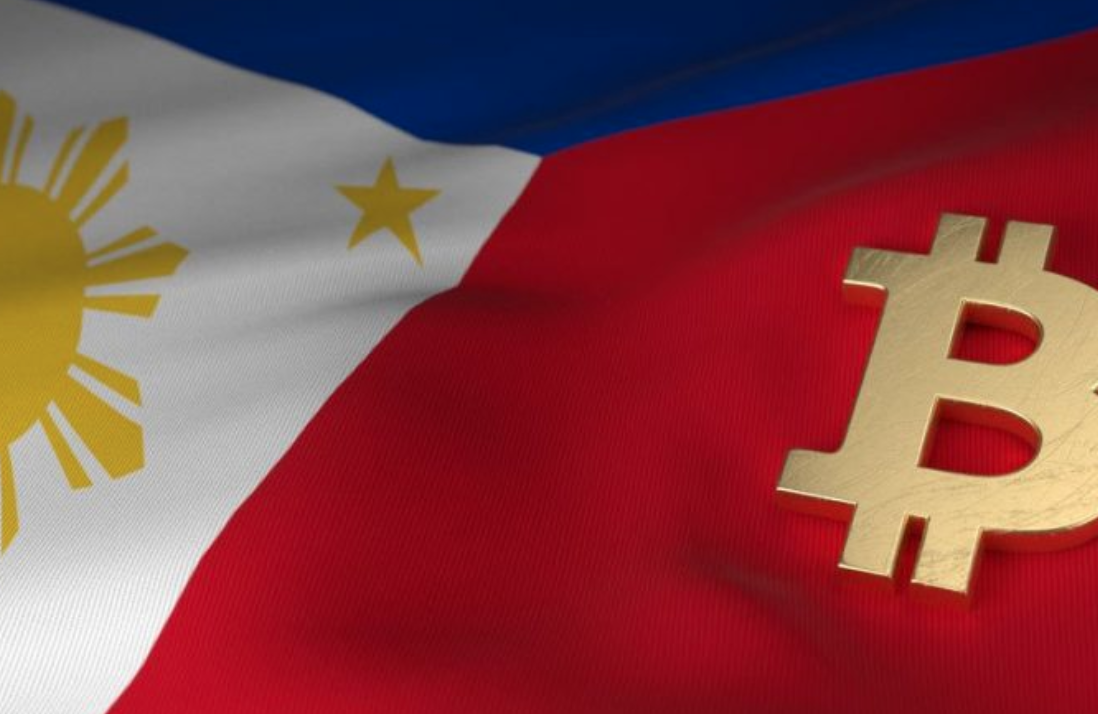GCR Trend Update 2020: Crypto Trends in the Philippines

Given the ongoing Coronavirus taking place in China and in the surrounding region, having a large impact on the crypto activities such as conferences and communities, we continue to believe Southeast Asia (SEA) may be potentially spared as one of the breakout regions in the eastern hemisphere in 2020. As we emphasized earlier this year, we advise our readers to pay attention more to SEA this year. SEA will see a concentrated and robust number of crypto activities in many of its regional countries, whether that’s focused on crypto, blockchain or digital currencies.
For our next few premium posts, we’ll be diving into the recent trends and ongoing opportunities in blockchain and digital currencies in SEA. Checkout all the existing ones here.
Crypto Trends in the Philippines
The Philippines has been blockchain and cryptocurrency-friendly, with blockchain adopted in banking as well as regulations on digital assets. The Philippines regulators have been proactive in drafting crypto regulations and have set up an adequate regulatory framework for its crypto industry.
The Philippines is the second-most populous country in Southeast Asia and its rise in adoption in digital payments can potentially benefit blockchain adoption. Statistics indicate that cryptocurrency usage is rising, particularly in developing economies like the Philippines, where many people have discovered the practicality of cryptocurrencies and blockchain technology. The World Bank’s Global Findex database indicates that the rate at which the country’s population engaged in digital payments has risen from 20 percent in 2014 to 25 percent in 2017.
Crypto and Blockchain Trends by Category in the Country:
- Fintech and digital payment
- Remittances and international transactions on blockchain- The Union Bank of the Philippines has successfully completed a pilot for a blockchain-backed, cross-border remittance from the Philippines to Singapore.
- Banking the unbanked with blockchain- In 2019, Project i2i is a blockchain-based financial technology initiative spearheaded by the Union Bank of the Philippines to connect 130 rural banks with the country’s central financial network. Though it may seem counter-intuitive, most of the rural banks in the Philippines are effectively unbanked themselves, due to their lack of connectivity with the country’s central financial network. This, in turn, results in the customers of these banks being unable to receive international remittances.
- Stablecoin
- For example, Philippines-based UnionBank has launched a payments-focused stablecoin called PHX pegged to the Philippine peso using UnionBank reserves
- Additionally, blockchain payments firm Bitspark released Stablecoin Pegged to Philippine Peso
- Fintech Crypto and Blockchain Sandbox- the country’s central bank, Bangko Sentral ng Pilipinas has introduced a sandbox ecosystem using the “test and learn” method. This has led to the creation of digital currency ePiso, a consumer lending platform, and a blockchain-based payment solution, among others.
- STO-
- Regulations- In Feburary 2019, the Securities and Exchange Commission of the Philippines issued draft regulations around digital asset and token offerings, and proposed rules for exchanges.
- Real estate- for example, C Estates, a Philippine firm that offers an end-to-end solution for tokenizing property listings using blockchain, recently announced its readiness to launch services that will let investors access tokenized properties in the country.
- E-commerce
- Loyalty program on blockchain- for example, LoyalCoin (LYL), a blockchain-enabled rewards platform, has entered a partnership with McDonald’s in the Philippines to roll out a loyalty program, which attracts users with free burgers just by downloading the LoyalCoin wallet.
- Merchant payment with cryptocurrency – 7-Eleven in Philippines accepts crypto wallet Jet8’s payments
- Healthcare
- Medical database on blockchain– for example,the mediXServe application is an blockchain enabled interoperable platform consisting of telemedicine and electronic medical record database services.
- Real estate
- Data on blockchain– for example, Qwikwire application provides a comprehensive suite of solutions for real estate transactions, covering matters relating to property listing and management as well as payment invoicing and settlement.
- Public service
- Public administration- Monsoon Blockchain Storage, a blockchain developer based in the United States will serve as an advisor to the Philippines’ Department of Information and Communications Technology and provide services such as cost-benefit and socio-economic analyses on blockchain technology implementation in the Philippines’ public administration.
- Crypto Trading and Exchanges
- Exchanges seeing high volume- for example, Coins.ph, a leading cryptocurrency exchange in the Philippines, recently celebrated the membership of 5 million Filipinos on their website since opening 4 years ago. Additionally Japanese and Chinese exchanges also are setting up virtual exchanges in the country.
- Education
- Research around blockchain- for example, sponsored by NEM, the Philippine’s Ateneo-MediXserve Blockchain Education and Research Lab (AMBERLab) has announced its goal to serve as a hub for research and education for blockchain.
- Entertainment
- Crypto token– Philippine Boxing Champion Manny Pacquiao releases own cryptocurrency.
Opportunities
As many as 1 out of 10 Filipinos already use cryptocurrencies to make payments. Taking into consideration the high number of crypto users and the significant proportion of unbanked citizens in the Philippines, we believe there is a lot of potentials to take cryptocurrency adoption beyond speculation and remittance, notably in the STO arena with regulations in place and also in real estate.












